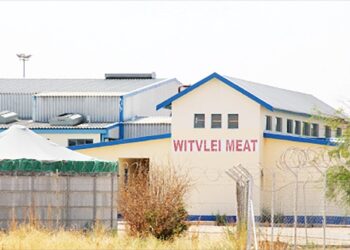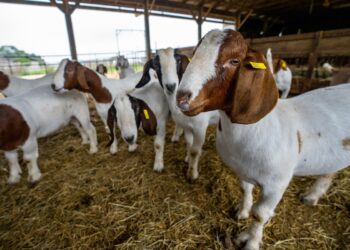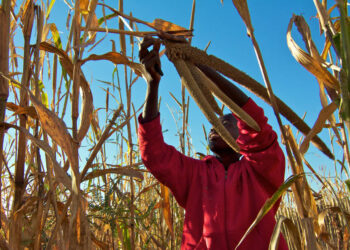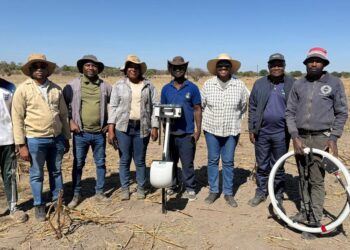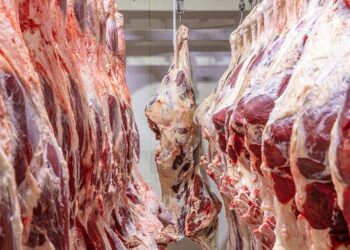
The City of Windhoek has ruled out relaxing its regulations on poultry farming within city limits, despite calls for the practice to be permitted to create employment, stimulate household income, and contribute to food security.
Under existing municipal laws, “a person may not keep poultry in town without the written permission of the Council,” with stringent guidelines governing any approvals.
City of Windhoek CEO Moses Matyayi told The Brief that the regulations are in place to prevent nuisances such as noise and odour.
“We have assessed the situation, and at the moment, it is not viable. But we will go back and review to see what can be accommodated,” Matyayi said. He also raised concerns about potential health risks, emphasizing that chickens are susceptible to diseases that could pose threats in urban areas.
While backyard poultry farming is permitted in several countries across the Southern African Development Community (SADC) region, Matyayi questioned its practicality in Windhoek’s urban landscape.
“Imagine having chicken farming activities in Ludwigsdorf? We need to provide a conducive urban environment for our residents. Perhaps in areas such as Katutura, it can be allowed because that is our lifestyle,” he said.
Agribank Technical Advisor for Crops and Poultry, Hanks Saisai, believes the current regulations are restrictive and that Windhoek’s strong purchasing power presents an opportunity for economic growth through poultry farming.
“We have seen that if you start selling eggs in Windhoek, it’s easy to make money because you offer a product that is needed every day and can be sold easily to households and establishments within the city. There is an active market within Windhoek,” Saisai said.
He suggested that allowing poultry farming in urban areas could be feasible with proper consultations and resident approval.
“It just has to be done in such a way that consultations with residents of the respective suburbs are done, and members of these societies consent to the initiative,” he added.
Saisai further proposed that incentives, such as offering local residents discounted poultry products, could help gain community support. However, he emphasized the need for strict biosecurity measures.
“No one should have access to the chickens without going through a disinfection process and documenting each visit received on the farm,” he said.
Jesaya Hakanyome of Backyard Chickens Namibia supported the idea, advocating for designated poultry farming units within city limits. “It would create employment. It’s something we welcome,” he said.
Poultry producer Albert Uulenga echoed these sentiments, arguing that backyard chicken farming thrives in developed countries with stringent hygiene controls.
“Namibia is not economically strong at the moment, so this is something that would help. It provides additional income for someone to have fuel or pay for the children’s fees,” Uulenga said.


